The Starship, SpaceX’s giant ship destined for the moon and Mars, overshadows its Falcon 9 predecessor in more ways than one.
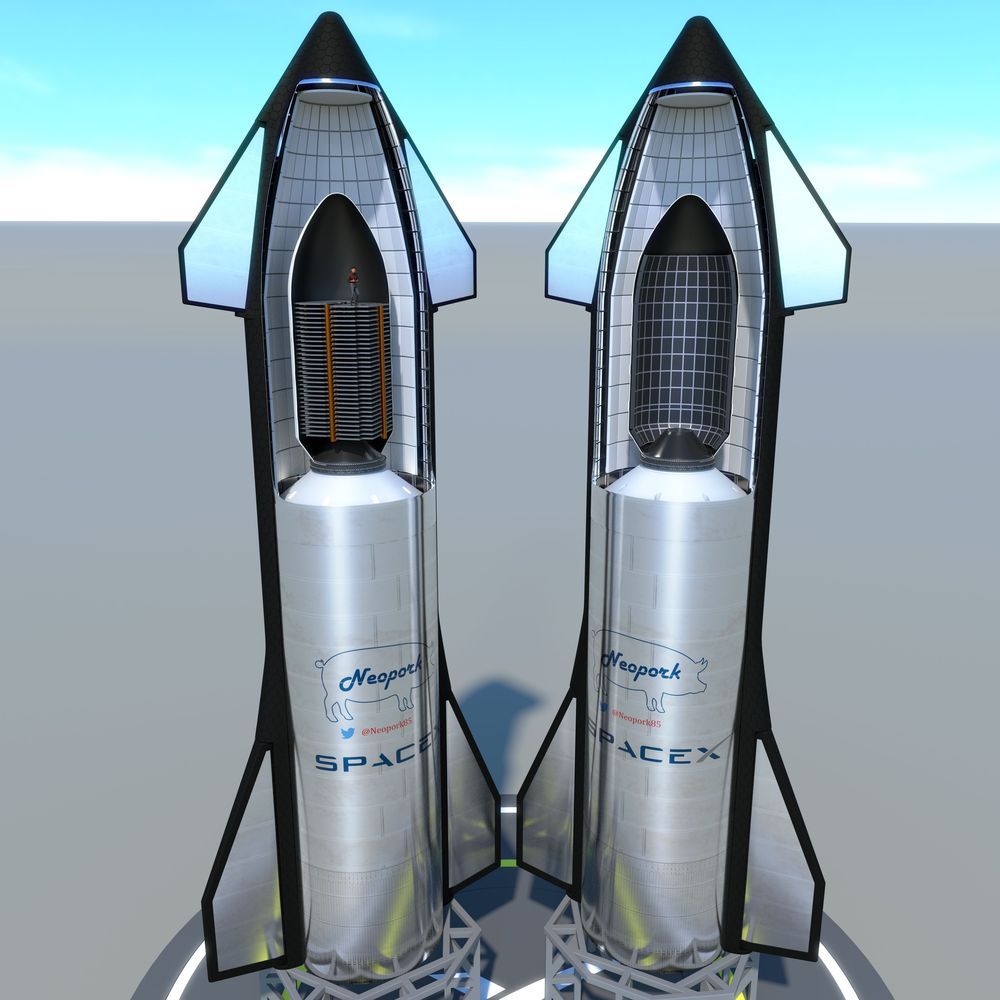

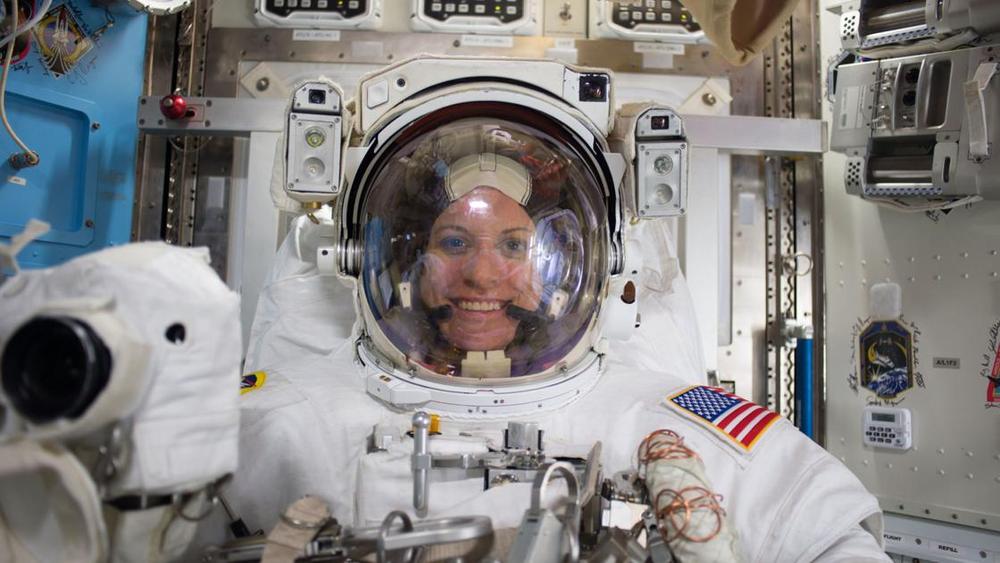
Kate Rubins, the first Napa native to go to space, is entering the final three months of preparation for her return trip to the International Space Station where she served four years ago.
Starting Oct. 14 and continuing for about six months, her schedule will be replete with scientific work 250 miles above the Earth, dealing with materials ranging from supercold gases to stem cells. And unlike during her first stay in 2016, Rubins expects to get to work quickly, without the awkward introduction to moving about in microgravity.
“As a rookie you’re not so good at navigating and flying through the space station, so you tend to crawl hand over hand on the handrails,” the biochemist-turned-space traveler quipped during a NASA news conference last week in Houston, while recalling her original 115-day stint aboard the orbiting space platform.

A new study has explored whether AI can provide more attractive answers to humanity’s most profound questions than history’s most influential thinkers.
Researchers from the University of New South Wales first fed a series of moral questions to Salesforce’s CTRL system, a text generator trained on millions of documents and websites, including all of Wikipedia. They added its responses to a collection of reflections from the likes of Plato, Jesus Christ, and, err, Elon Musk.
The team then asked more than 1,000 people which musings they liked best — and whether they could identify the source of the quotes.
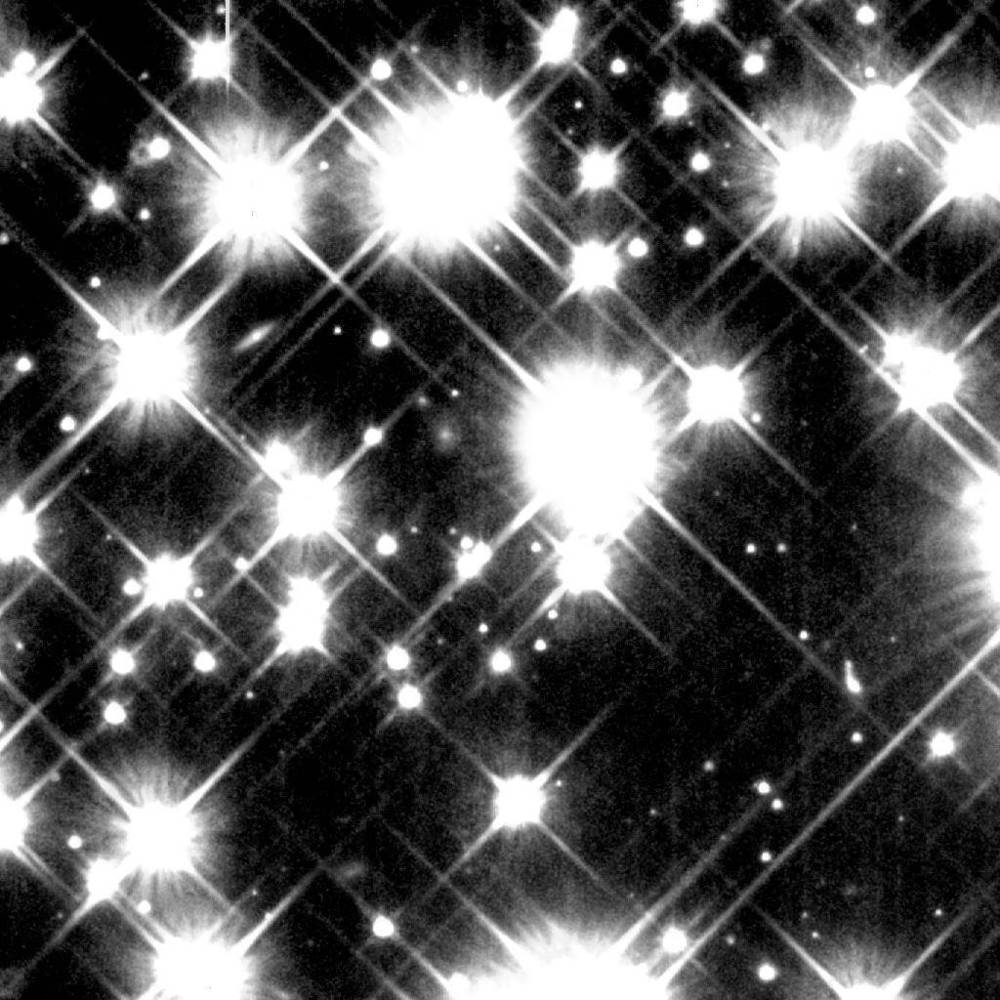
Every second, a star dies in the universe. But these stellar beings don’t just completely vanish, stars always leave something behind.
Some stars explode in a supernova, turning into a black hole or a neutron star, while the majority of stars become white dwarfs, a core of the star it once used to be. However, a new study reveals that these white dwarfs contribute more to life in the cosmos than previously believed.
New observations of white dwarf stars reveal their stellar contribution to carbon atoms in the cosmos, one of the building blocks of life.
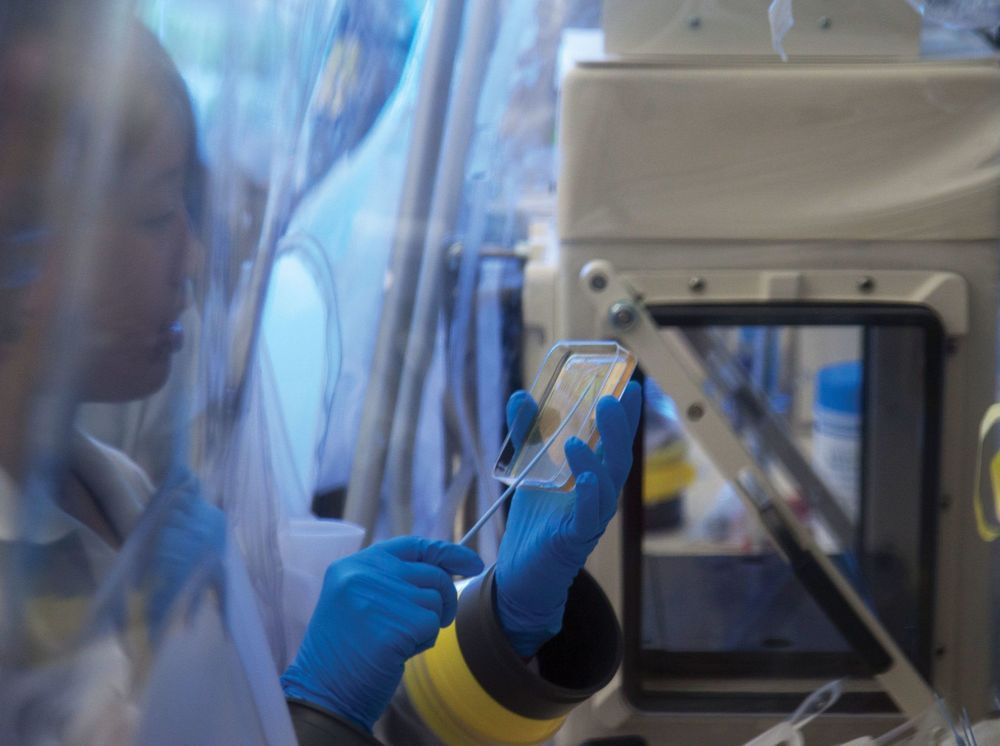
Once an ecosystem is disturbed, restoring it can be difficult. And when the disturbed ecosystem is a patient’s microbiome, restoring the patient to health can be even more difficult. Just one ecosystem element that proliferates or diminishes beyond bounds may throw multiple elements into disarray, creating a dysbiosis that resists simple remedies.
Because a patient’s microbiome consists of interacting elements—including elements that extend beyond the microbiome itself—these elements cannot be seen in isolation. Rather, they are dynamic parts of a systemic whole. Touch any one of them, and the effects of doing so may ripple outward in unpredictable ways—unless the elements and their interactions are thoroughly understood.
…
“We are covered by, and protected by, and interacted with by vast microbial ecosystems,” says Julius Goepp, MD, founder of Scaled Microbiomics. Everywhere the body comes into contact with the outside environment, you’ll find a thriving community of microbes. This includes places that are obviously “external”—like skin and hair (including the skin and hair of underarms and nostrils)—as well as places that we consider to be “internal,” like the gastrointestinal tract.
“The surface of our gut is continuous with the outside world,” Goepp points out. The miracle of our gut, he continues, is that it can transport “two pounds of very nasty material [while keeping] it one cell layer away from our precious, sterile, inside tissue.”
But one cell layer can prove precarious protection, especially if that microbial ecosystem gets out of balance. The gut’s microbial ecosystem, Goepp suggests, is like the Amazon rainforest ecosystem in that it is resilient, but only to a point. When subjected to stressors such as prolonged exposure to antibiotics, a diet high in certain additives and low in fiber, and environmental pollution, the microbial ecosystem can be tipped far enough out of balance that a new normal becomes established. This is called dysbiosis, and it’s increasingly linked with a number of noncommunicable diseases, such as diabetes, neurodegenerative diseases, and cancer.
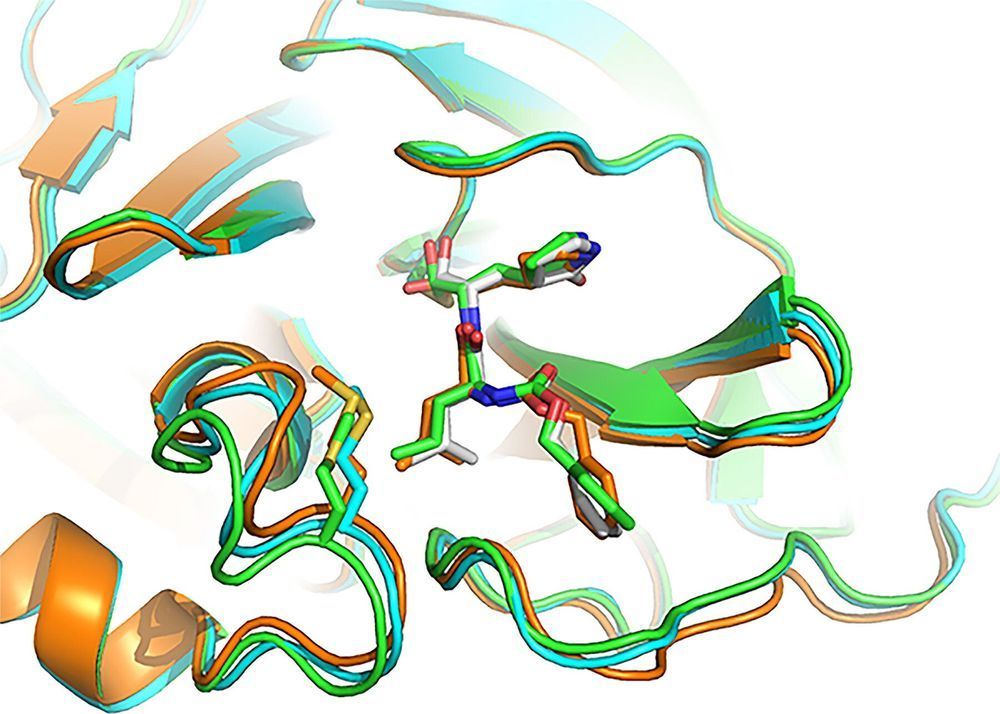
As the death toll from the COVID-19 pandemic mounts, scientists worldwide continue their push to develop effective treatments and a vaccine for the highly contagious respiratory virus.
University of South Florida Health (USF Health) Morsani College of Medicine scientists recently worked with colleagues at the University of Arizona College of Pharmacy to identify several existing compounds that block replication of the COVID-19 virus (SARS-CoV-2) within human cells grown in the laboratory. The inhibitors all demonstrated potent chemical and structural interactions with a viral protein critical to the virus’s ability to proliferate.
The research team’s drug discovery study appeared June 15 in Cell Research, a high-impact Nature journal.
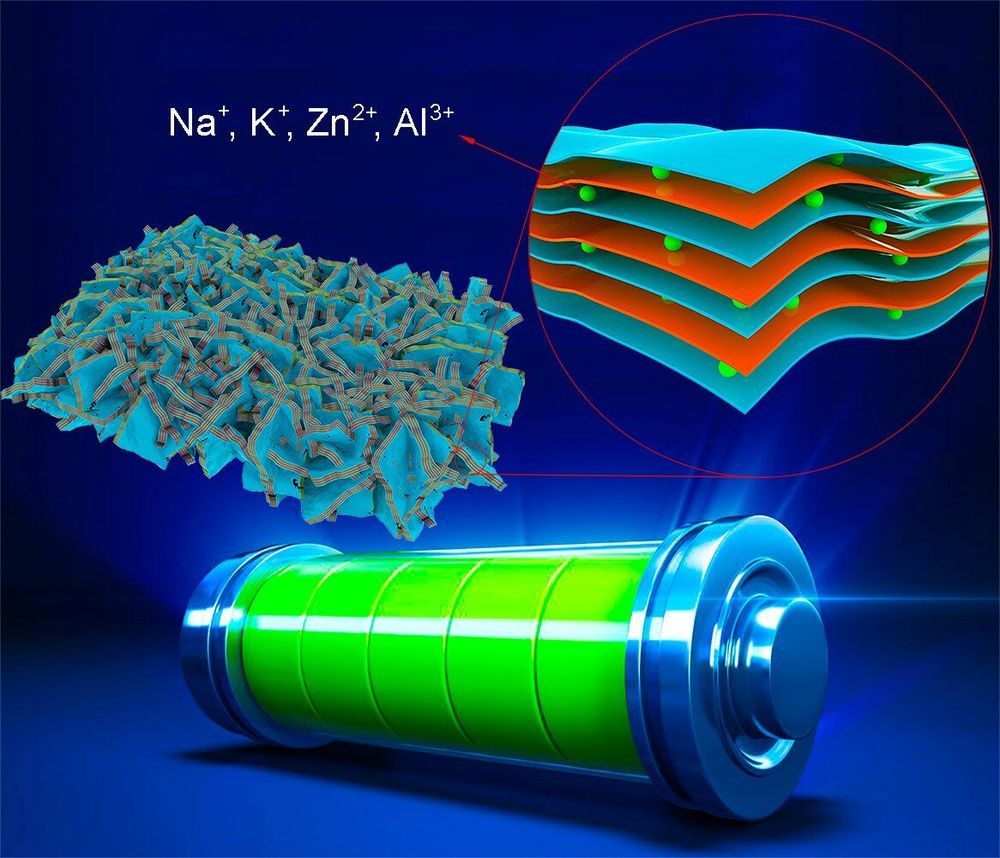
The rapid development of renewable energy resources has triggered tremendous demands in large-scale, cost-efficient and high-energy-density stationary energy storage systems.
Lithium ion batteries (LIBs) have many advantages but there are much more abundant metallic elements available such as sodium, potassium, zinc and aluminum.
These elements have similar chemistries to lithium and have recently been extensively investigated, including sodium-ion batteries (SIBs), potassium-ion batteries (PIBs), zinc-ion batteries (ZIBs), and aluminum-ion batteries (AIBs). Despite promising aspects relating to redox potential and energy density the development of these beyond-LIBs has been impeded by the lack of suitable electrode materials.
Backers of the EARN IT Act focus on protecting children from being exploited, but security experts say the bill actually chips away at your encrypted messages.
Watch this video.

Our K-9 Shadow Vest keeps man’s best friend safe from harm while in the line of duty. Utilizing the latest DuPont™ Kevlar® technologies, the NIJ IIIA ballistic panels in this vest are lightweight, durable, and provide the highest level of bulletproof protection available in soft body armor. This vest is guaranteed to provide maximum coverage of the dog’s vital organs, including the sides, chest, abdomen, and back. Designed with agility and mobility in mind, the Shadow K9 Vest provides optimal comfort, without hindering performance. The customizable buckles and reinforced Velcro adjustment points ensure that the vest will fit securely and properly. Once fitted, only one discrete zipper is needed for quicker donning and doffing.